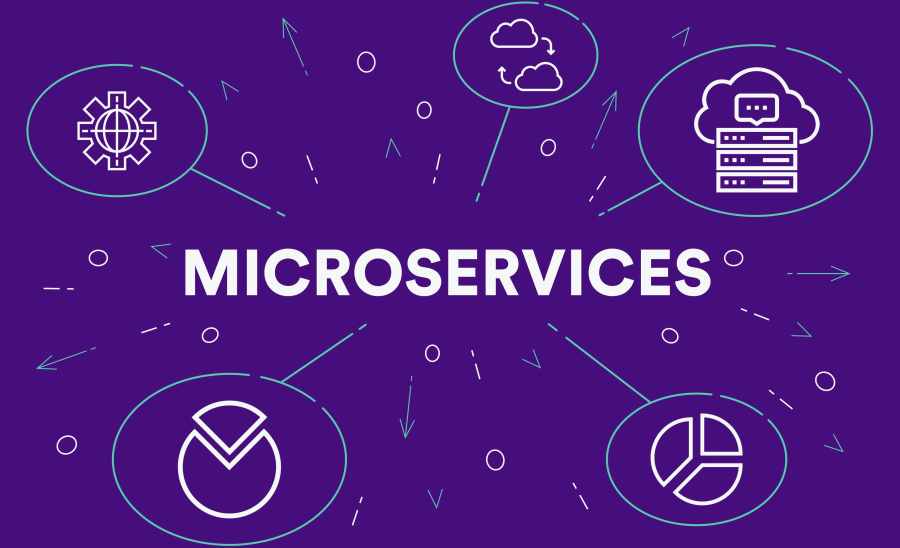Temporal raises $18.75M Series A funding led by Sequoia Capital to grow its open source microservices orchestration engine

For years, organizations built their business applications using a concept known as monolithic architecture. The idea is to build an application as a single unit. However, monolithic architecture comes with a lot of challenges including application maintenance nightmare. For example, to make a simple change to the application, developers are forced to build and deploy an updated version of the server-side application.
A new application architecture changes all that. Microservices are a method of developing software applications that are made up of independently deployable, modular services. Unlike monolithic architecture, each microservice runs a unique process and communicates through a well-defined, lightweight mechanism, such as a container, to serve a business goal. One of the leading companies in this space is Temporal, a Seattle-based startup, and maker of an open-source, stateful, microservices orchestration platform.
Today, Temporal announced it has raised $18.75 million. The round was Sequoia Capital led the round and was joined by Madrona Venture Group, along with existing investors Addition Ventures and Amplify Partners which led the seed round. The funding, which brings the total amount raised to $25.5 million, will be used to grow the existing open source community and develop its cloud offering.
Temporal was founded by Maxim Fateev, CEO, and Samar Abbas, CTO who created and led the open-source Cadence project at Uber. The success of Cadence led to widespread internal and external adoption which prompted Maxim and Samar to start a new company to productize the future of microservices orchestration. Temporal customers include Snap, Box, Coinbase, and Checkr who have realized increased developer productivity and application reliability after adopting Temporal.
Microservices provide teams with scalability and flexibility, but they come at the cost of productivity for developers and reliability for applications. Many business processes today span multiple microservices, and currently, there is no orchestration solution that provides end-to-end visibility into the state of processes while ensuring errors are handled reliably and consistently.
“Microservice architectures enable businesses to scale their software to meet consumer demand,” said Maxim Fateev, Temporal co-founder and CEO. “Unfortunately, microservice architectures introduce significant overhead for developers and reliability problems for applications. Temporal empowers developers to write and operate highly reliable applications on top of scalable microservice architectures, without sacrificing productivity.”
“Temporal is one of the most promising software companies,” said entrepreneur and former Snowflake CEO Bob Muglia. “They have abstracted away from an entire class of problems that currently costs developers time and companies money.”
Temporal provides a code-first open-source runtime, which companies are using in multiple production scenarios to orchestrate microservices, provision resources, build data pipelines, and other tasks. Code written with Temporal is executed directly, which enables developers to use the development, debugging, and testing processes they already know and love.
“Today, developers spend too many hours writing and debugging custom code to mitigate potential failures across microservices,” said Bogomil Balkansky, partner at Sequoia. “Temporal provides resiliency out of the box, enabling developers to build scalable applications and making it an essential component of any microservice architecture.”

